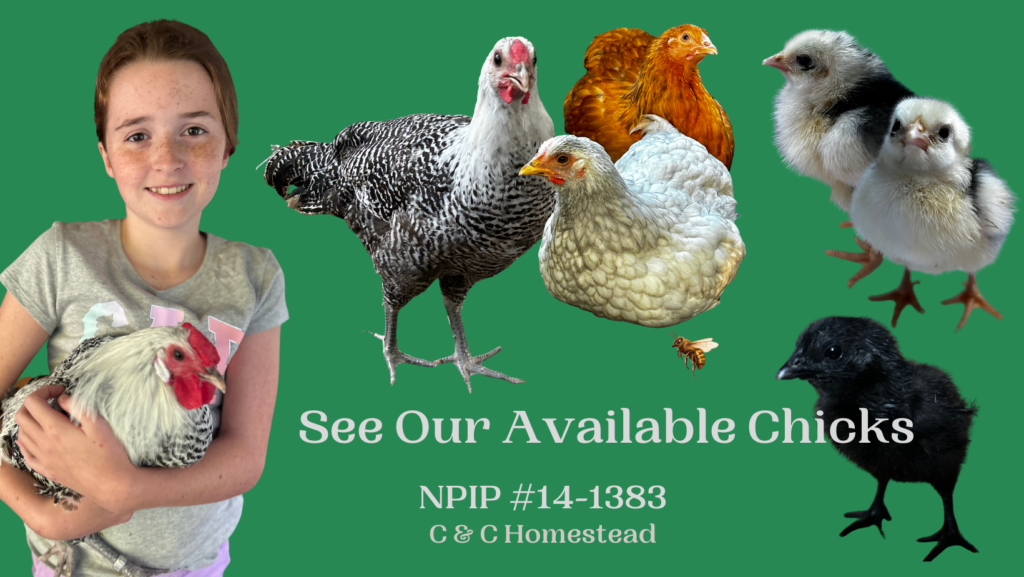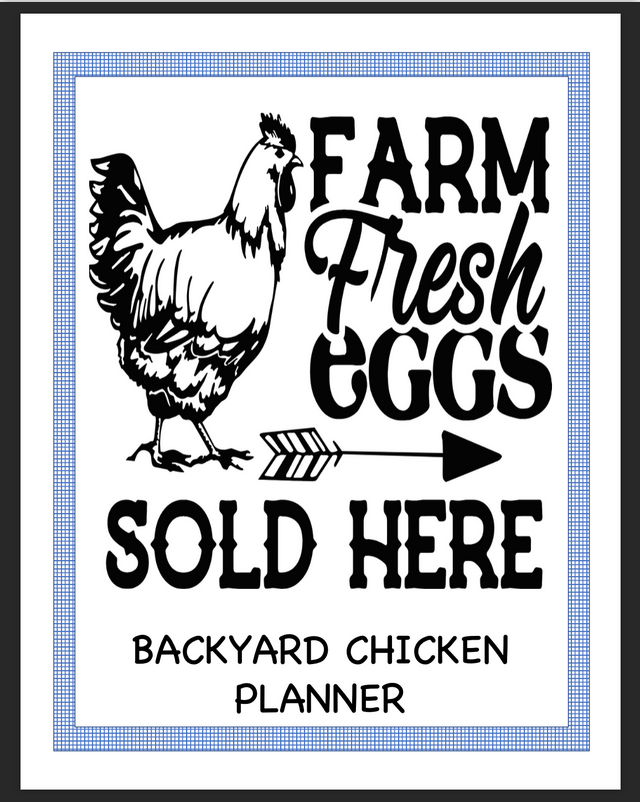Balancing Corporate & Homesteading Lifestyles
Why Bachelor Flocks Are Different — and Why They Work
If you’ve ever tried to manage multiple roosters in a mixed flock, you already know how fast things can get out of hand. One minute everyone’s dust bathing, and the next you’re breaking up chest-bumping matches, chasing down an overzealous roo, or treating a…
Cluck Kent: The Boot That Brought Trouble
It was a quiet morning in the coopyard. The chicks were practicing their ninja jumps, the hens were gossiping near the compost pile, and Cluck Kent—our ever-watchful feathered reporter—was pecking for the truth as usual. That’s when the boot appeared. Not just any boot.A…
Cluck Kent Reports: The Great Mouse Invasion!
🦸♂️ Cluck Kent, your fearless field reporter, here with a breaking story straight from the henhouse — and folks, it’s a squeaker. 🐭 It all started when Mildred the Maran noticed something strange: her scratch grain supply was shrinking faster than usual. And not…
Hen Saddles: Feather Protection with a Purpose
If you’ve ever glanced into your coop during spring and spotted a hen with a bare back or missing wing feathers, chances are she’s dealing with a little too much “attention” from the resident rooster. It’s a common issue during breeding season—but one that…
Behind the Wire with the New Flock on the Block
🕵️♂️ Cluck Kent: The Quarantine Chronicles Something’s clucking in the holding pen, and Cluck Kent is on the case. This week, whispers echoed through the coop—word had spread that three new pullets were moving in. “Refugees from a farm upstate,” muttered Goldie, who hasn’t…
Why the Little Chick Inn University?
As the backyard chicken movement continues to grow, more and more people are bringing chicks home—some for the first time ever. It’s exciting to see so many new chick tenders joining the community, but with that excitement comes a big responsibility: giving these little…
Egg Weight During Incubation
🥚 What Is Egg Weight Loss During Incubation? As an egg incubates, it naturally loses water through its porous shell. This water loss is essential — it allows the air cell to grow, which the chick needs for breathing just before hatching. The egg’s…
Cluck Kent Investigates: The Case of the Invisible Invaders
It was a quiet morning at the coop. The sun was rising, the feeder was full, and the hens were already gossiping over scratch grains. Everything seemed fine… until Cluck Kent noticed something suspicious: a muddy bootprint by the gate. “I knew something was…
The Impact of Learning When a Rooster Is Alone vs. With Other Roosters
How Social Setting Shapes Behavior, Intelligence, and Confidence Roosters, like people, learn not just from experience, but also from their environment — and especially from the company they keep. Whether raised alone or in the presence of other roosters, the way a rooster learns,…
Getting Your Chickens Ready For Spring
Essential seasonal care tips to refresh, reset, and revitalize your flock as the weather warms up Spring is one of the most exciting times on the homestead — and your chickens feel it too! As days get longer and temperatures rise, your flock will…



